Feeding a horse is not just about tossing them a bale of hay and calling it a day. It’s an art and a science, a delicate balance that requires knowledge and care. Imagine a world where your horse is thriving, full of energy, and glowing with health. This isn’t just a dream; it’s entirely possible with the right diet. The journey to a balanced diet for your horse is filled with surprising insights and practical tips that every horse lover should know. Dive into this article and discover how you can transform your horse’s nutrition regime.
Understanding Your Horse’s Nutritional Needs
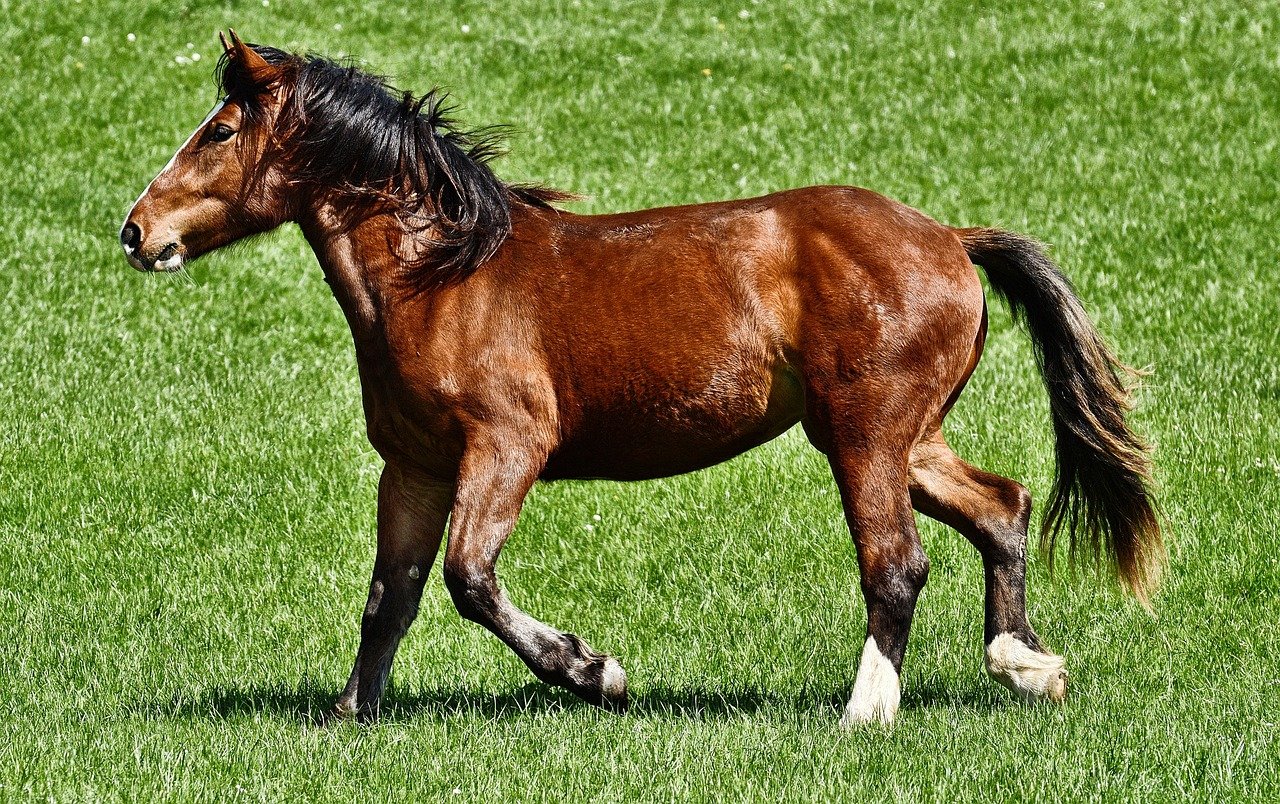
Feeding your horse isn’t just about tossing hay and calling it a day—it’s a careful balance of nutrients, routine, and understanding your horse’s unique needs. A well-balanced diet supports everything from their energy levels and digestion to their coat shine and overall health. Whether you’re a new horse owner or looking to fine-tune your feeding routine, knowing the basics (and the not-so-obvious tips) can make all the difference.
Understanding your horse’s nutritional needs is the cornerstone of feeding them a balanced diet. Horses, like humans, require a mix of proteins, carbohydrates, fats, vitamins, and minerals. However, each horse is unique. A horse’s age, weight, activity level, and health status will greatly influence its dietary requirements. For instance, a young, active horse will need more energy-rich foods than an older, sedentary horse. It’s essential to observe your horse and adjust their diet accordingly. Think of it like tailoring a suit; it must fit perfectly to be effective.
The Importance of Forage
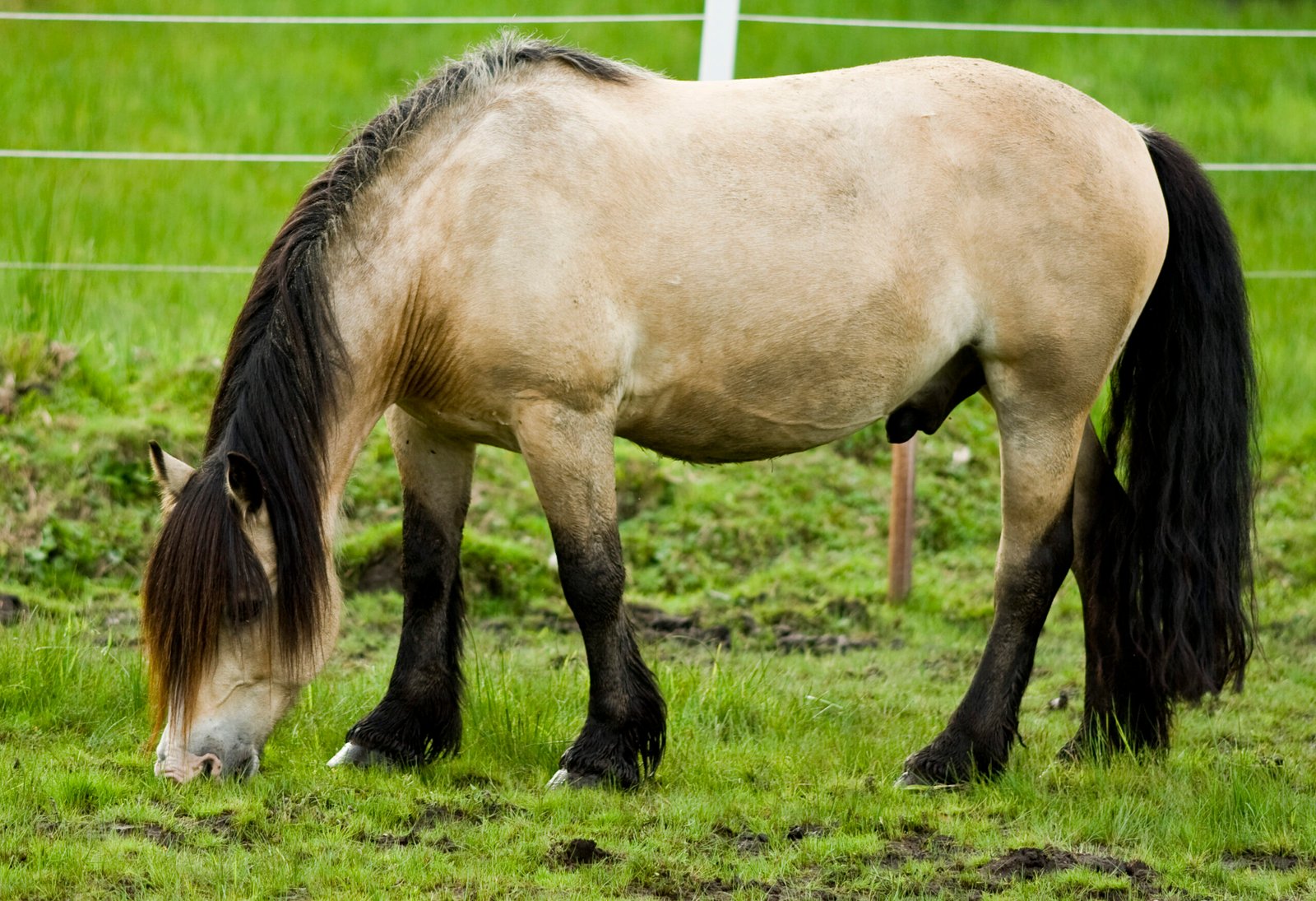
Forage is the foundation of any horse’s diet. Horses are natural grazers, and their digestive systems are designed to process a constant intake of fiber. Forage, such as hay or pasture grass, should make up the bulk of their diet. It not only provides essential nutrients but also aids in digestion and helps prevent colic. A good rule of thumb is to feed your horse about 1.5-2% of its body weight in forage daily. Imagine it as the main course in a meal, with other feeds acting as side dishes that complement the main dish.
Grains: To Feed or Not to Feed?
The debate on whether to feed horses grains is ongoing. Grains can be a good source of energy, especially for working horses, but they should be fed with caution. Overfeeding grains can lead to digestive issues and metabolic problems. It’s like giving a child too much candy; it might taste good, but it’s not always the best choice. If you choose to include grains in your horse’s diet, ensure they are balanced with enough fiber and fed in moderation.
Supplements: Necessary or Overkill?
Supplements can be a great addition to your horse’s diet, but they should not replace a well-balanced meal. They are like the vitamins we take to fill in nutritional gaps. Common supplements include vitamins, minerals, and joint support. However, over-supplementation can cause more harm than good. It’s crucial to assess your horse’s diet and consult with a veterinarian before adding supplements. Remember, supplements are meant to enhance a diet, not compensate for poor feeding practices.
Hydration: The Unsung Hero
Water is often overlooked but is a vital component of a balanced diet. Horses need a constant supply of fresh, clean water to stay hydrated. Dehydration can lead to serious health issues, affecting everything from digestion to muscle function. Imagine trying to run a marathon without drinking water; it’s nearly impossible. Ensure your horse has access to water at all times, and in colder months, check that it isn’t frozen.
Monitoring Body Condition
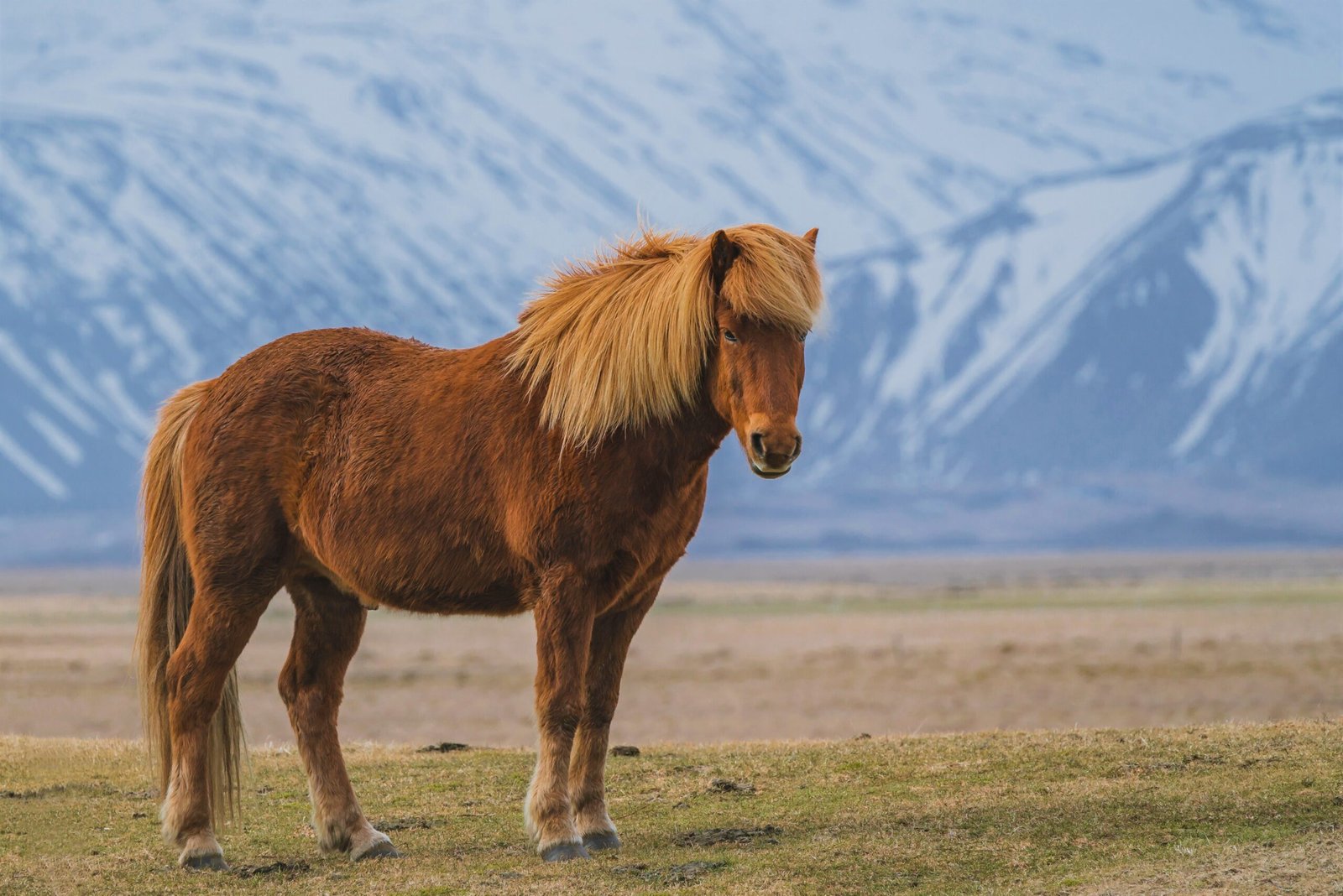
Regularly monitoring your horse’s body condition is essential in maintaining a balanced diet. A body condition score (BCS) can help you assess if your horse is underweight, overweight, or just right. This score ranges from 1 to 9, with 5 being ideal for most horses. Regularly check your horse’s ribs, neck, and tail head for fat deposits. Think of it as a health report card; it tells you if you need to adjust their diet.
Feeding Frequency and Routine
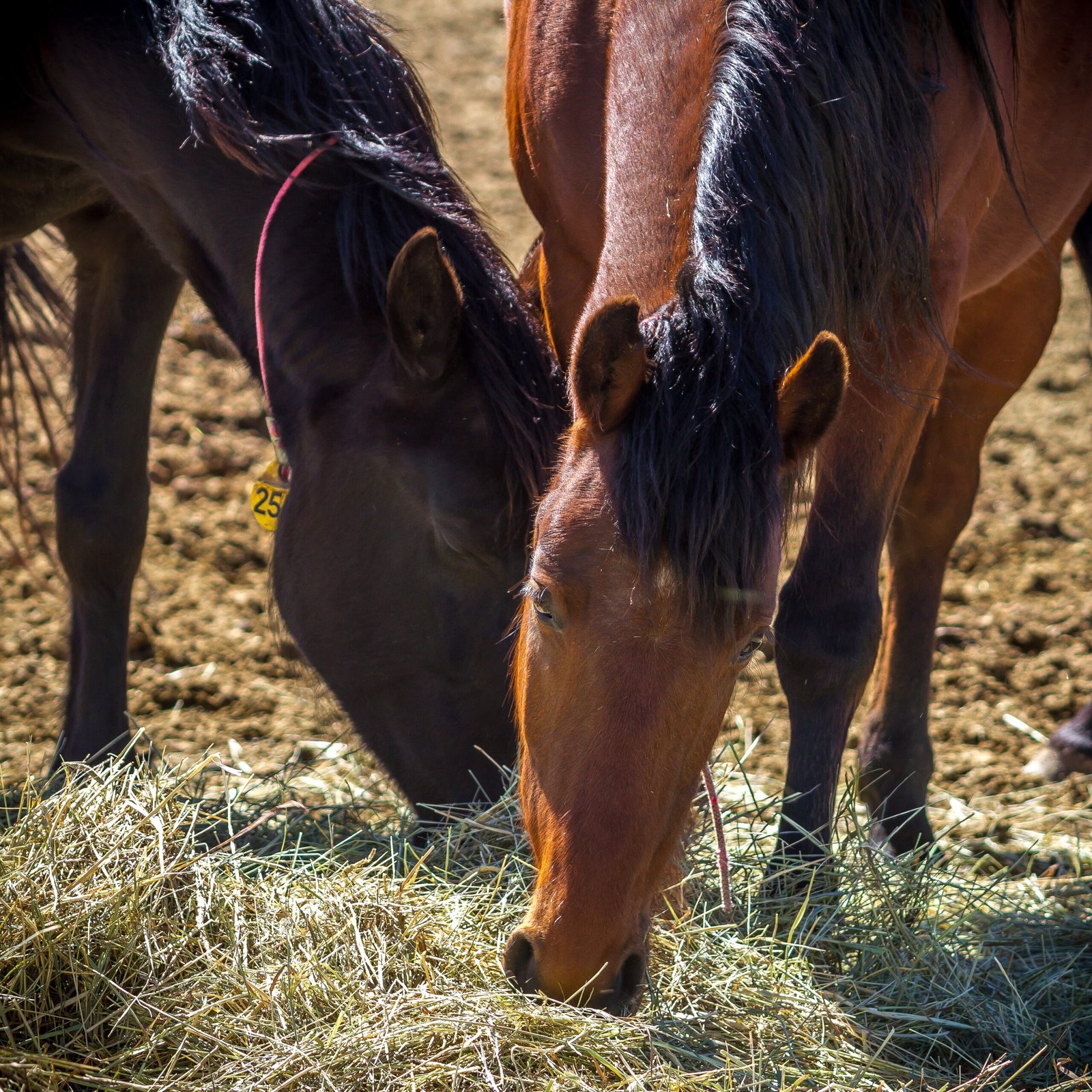
Establishing a consistent feeding routine is vital for your horse’s digestive health. Horses thrive on regularity and can become stressed with erratic feeding schedules. Aim to feed them small, frequent meals throughout the day. This mimics their natural grazing habits and helps prevent digestive issues like colic. Imagine if your meal schedule changed daily; it would be unsettling. Horses feel the same way.
Recognizing and Addressing Feeding Challenges
Feeding challenges can arise for various reasons, such as dental problems, picky eaters, or metabolic disorders. It’s crucial to recognize these challenges early and address them promptly. Consulting with a veterinarian or equine nutritionist can provide valuable insights and solutions. Think of it as troubleshooting; identifying the problem is the first step to finding a solution.
The Role of Professional Guidance
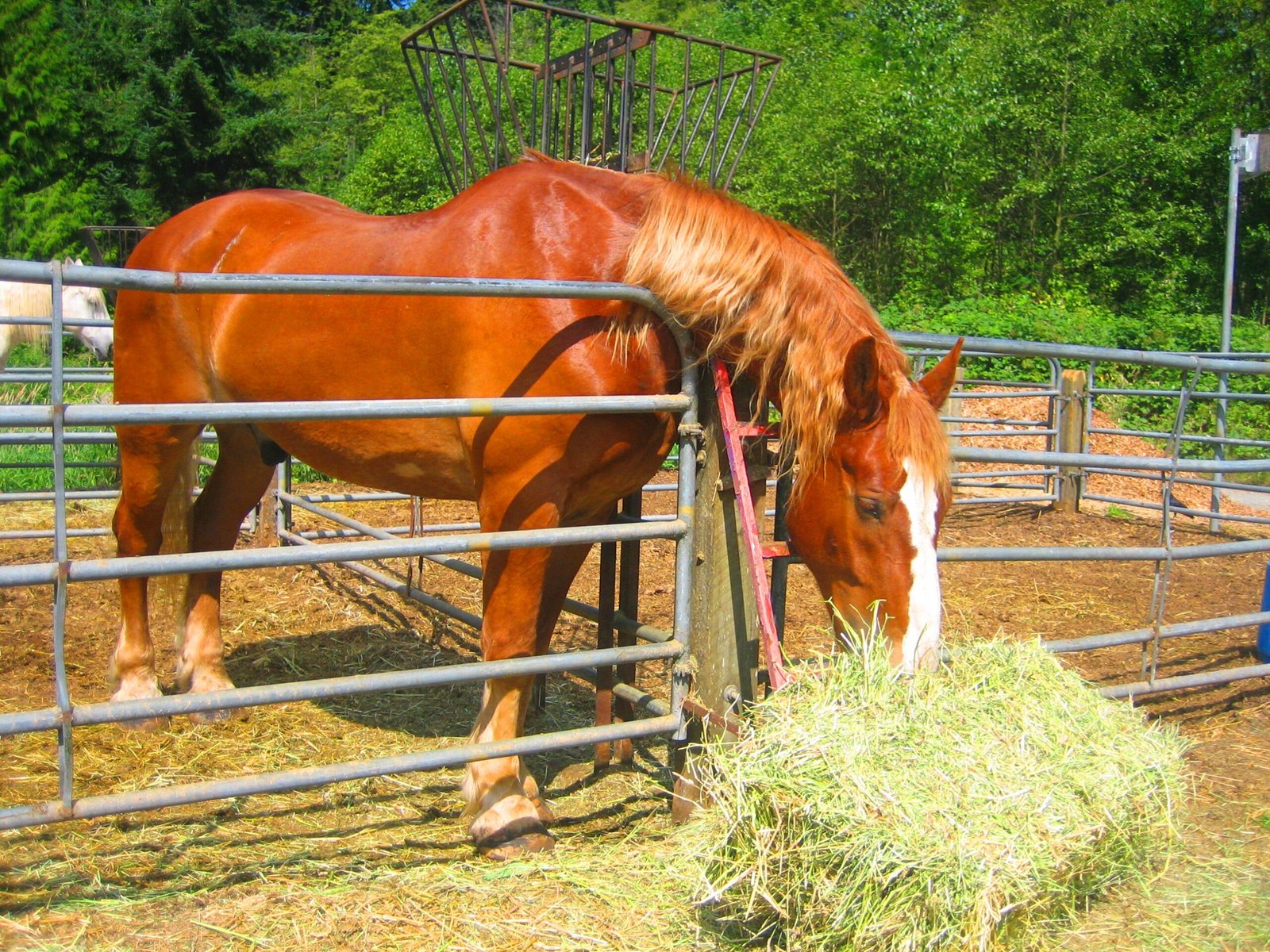
Professional guidance can be invaluable in ensuring your horse receives a balanced diet. Equine nutritionists and veterinarians can offer personalized advice tailored to your horse’s specific needs. They can help you navigate the complexities of horse nutrition and offer solutions to any feeding issues you might encounter. It’s like having a personal trainer for your horse’s diet, providing expertise and support.
Final Thoughts on Balancing Your Horse’s Diet
Feeding your horse a balanced diet is a journey filled with learning and adaptation. It requires understanding, commitment, and a touch of creativity. By following these tips, you can ensure your horse thrives in health and happiness. Remember, a well-fed horse is not just a healthy horse but a happy companion. Isn’t that what every horse lover dreams of?





